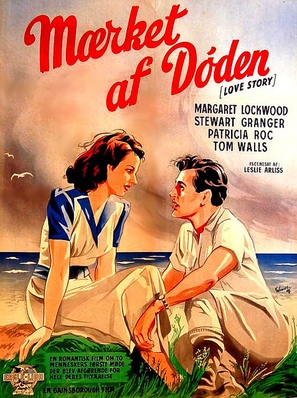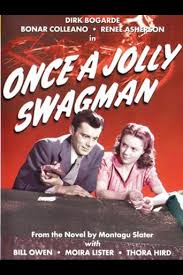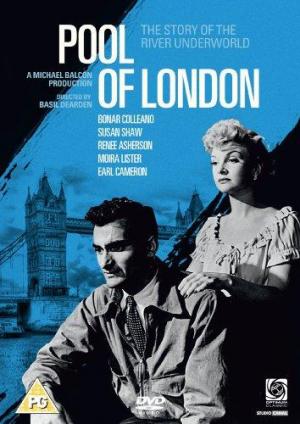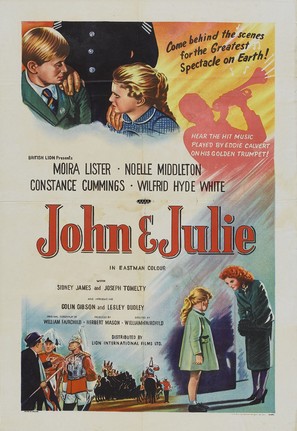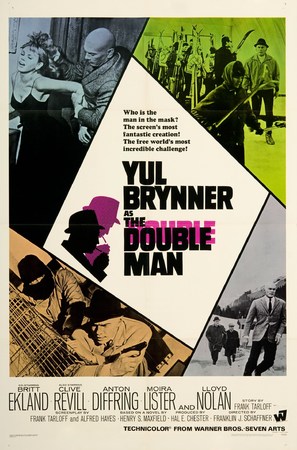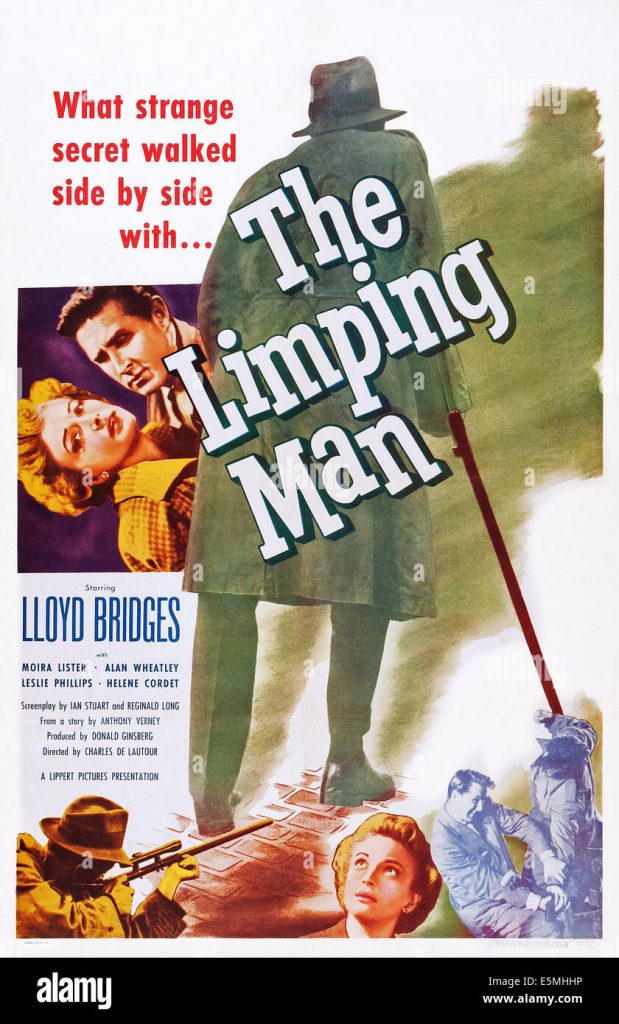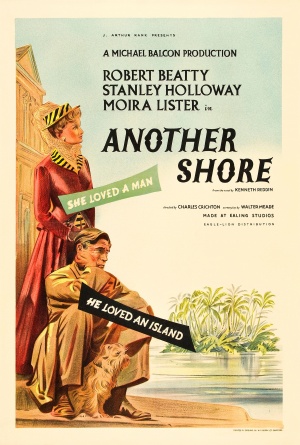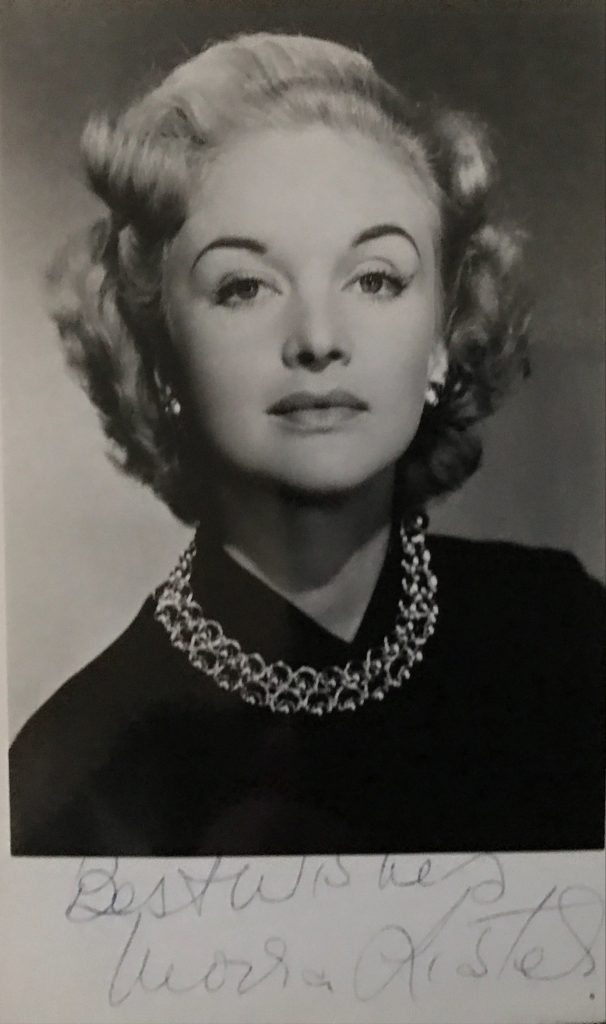
Moira Lister obituary in “The Guardian” in 2016.
Moira Lister, who has died aged 84, was an elegant, intelligent and funny actor who enchanted connoisseurs of postwar comedy on stage, screen and television. Although she worked at first for London actor-managers such as John Gielgud, John Clements and Robert Atkins at Stratford-upon-Avon and in the West End, it was as a dry, sophisticated comedienne that Lister will be best remembered.
Whether in Alan Melville’s television programmes in the 1960s such as The Whitehall Worrier and The Very Merry Widow, or in Ealing films or in a succession of West End and touring comedies, the slim, blue-eyed blonde from South Africa with the upper-class voice and razor-sharp sense of comedy dispensed a wry and impish humour. Compared once to the American Lucille Ball because of her gift for blending glamour and ebullient fun, Lister lit up the dullest screen with her portraits of society women, not-so-subtle gold-diggers, flighty wives or enterprising widows.
Herself a society woman – with a 40-year marriage to a French cavalry officer and champagne producer, Vicomte d’Orthez – Lister revelled in her possessions, including a villa on the Riviera, a house in Belgravia and a social life to match her theatrical reputation. With her stage discipline and exquisite manners on stage and off, she was not only a favourite in the profession but also backstage, where her charm pleased the most demanding directors and technicians.
When Alan Melville, more of a writer than an actor, took over from Ian Carmichael as Lister’s husband in Alec Coppel’s The Gazebo in 1960, Melville sensed for once her irritability at rehearsal. He felt bound to speak. “You’re not suggesting that I’m upstaging you, are you?” – “Yes, dear, and for someone who’s never been on the stage before you’re far too bloody good at it. Now let’s go across to the Savoy and have a great zonking drink.”
Lister was always serious about her art. Hence her performance, in 1996, in a revival of Michael Redgrave’s version of Henry James’s The Aspern Papers. As an aged Venetian spinster guarding some secret documents which a strange publisher wants to obtain, Lister wore black from head to toe and, though in her seventies, was still arrestingly lovely. From a wheelchair this Venetian Miss Havisham nursed her literary secret with compelling power; and if she lacked the guns of the creator of the role 40 years earlier, Beatrix Lehmann, her presence almost matched that actor’s shiversome power.
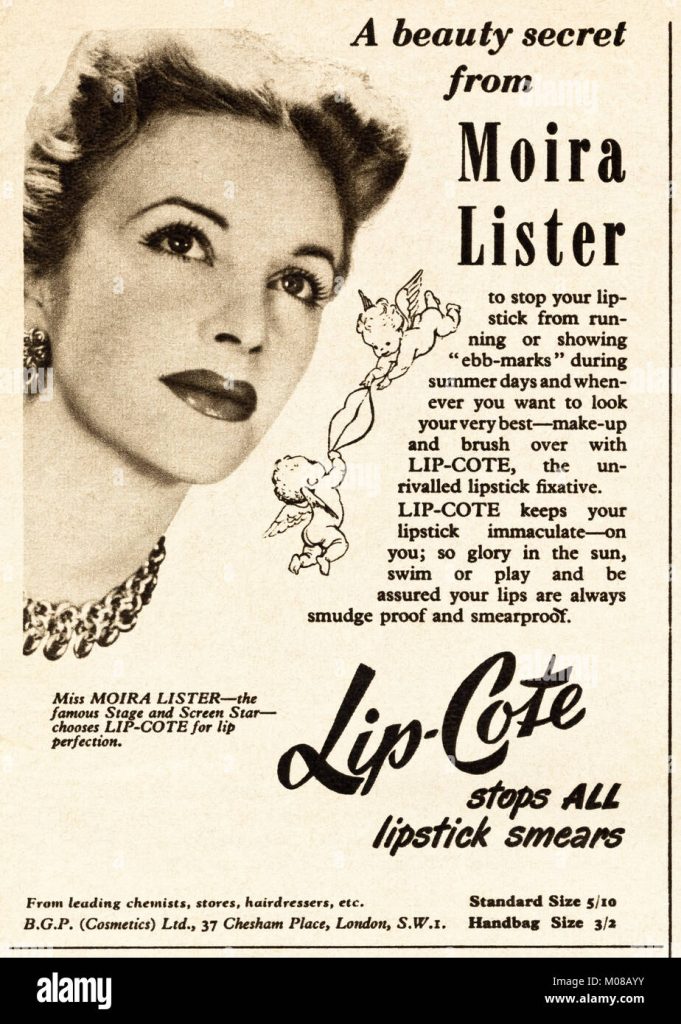
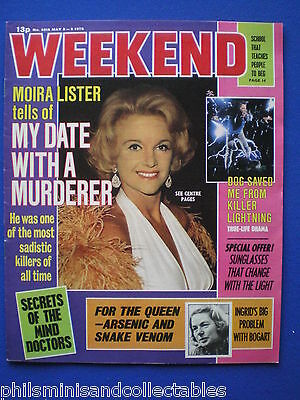
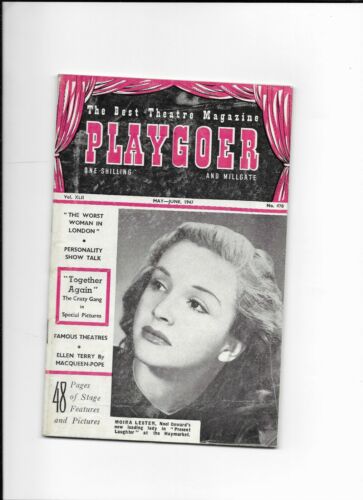
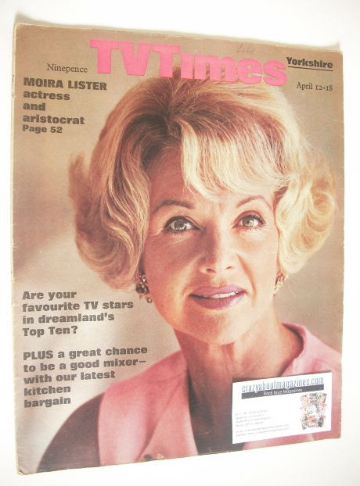
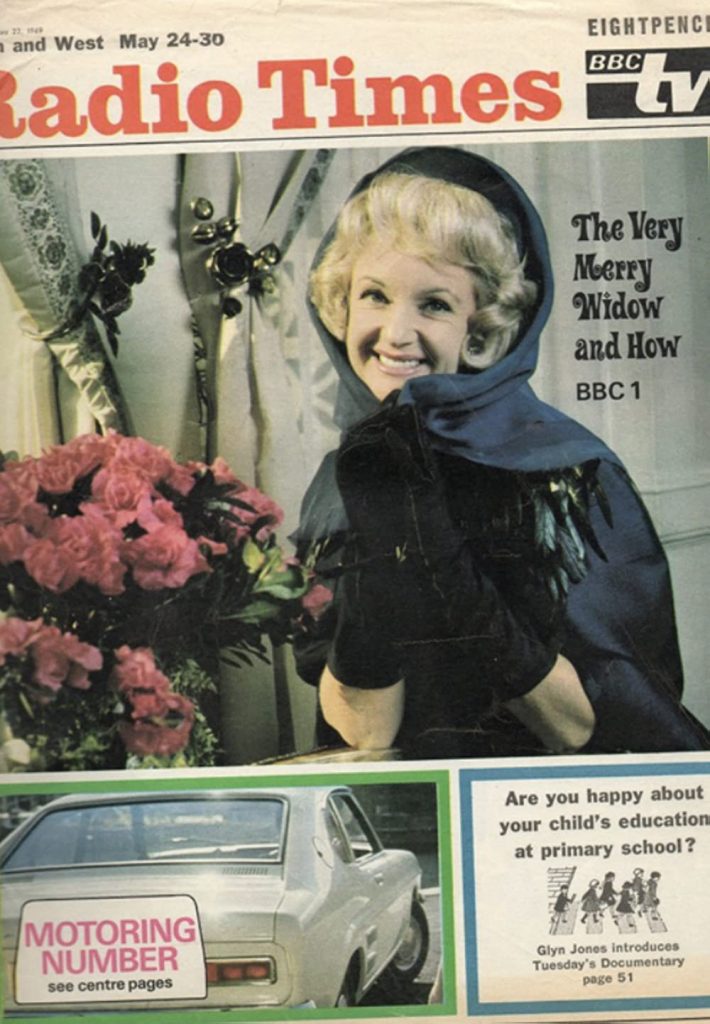
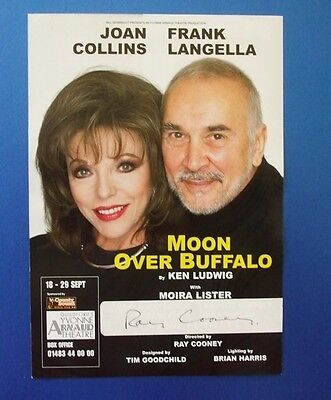
Signs of such talent first erupted in the 1940s and 1950s. She was born in Cape Town and was in the London theatre by the time she was a teenager. Her first film appearances, in 1944, led to such movies as The Cruel Sea (1953) and The Deep Blue Sea (1955). For Robert Atkins at Stratford-upon-Avon, in 1945, Lister showed promise as Juliet, Desdemona, Olivia, Anne Bullen, Kate Hardcastle and Charmian in Antony and Cleopatra; and then in the West End for Clements as Palymra in Dryden’s Marriage a la Mode and Isabel Neville in The Kingmaker. She was also a regular in Hancock’s Half Hour in 1954-55.
Ten years later she joined Gielgud’s company to tour the continent and the English regions before a West End season in 1956 at the Palace as Margaret in Much Ado About Nothing and Regan to Gielgud’s King Lear. By then, Lister’s talent as a comedienne had spread far and wide, even to the cinema. As a straw-hatted schoolgirl she played opposite Noël Coward in Present Laughter in 1947; on Broadway, in 1949, as Madeleine in Sacha Guitry’s Don’t Listen, Ladies; and her floozy in Rattigan’s French Without Tears charmed everyone.
She triumphed as Sleeping Beauty in 1951 in The Love of Four Colonels – Peter Ustinov’s satire on international matters – in wooing each soldier. “Not only has she beauty and intelligence but her voice has tone instead of the breathy twitterings of so many of our younger actresses,” was a typical critical response.
Whether in Shaw, Wilde, William Douglas-Home, Ustinov or Henry Cecil’s courtroom dramas, Lister was rarely unemployed. One of her great stage hits was as Mrs Markham in Ray Cooney and John Chapman’s Move Over Mrs Markham (1971). She also guested on scores of television programmes. Melville’s The Very Merry Widow brought Lister into the living room. Taken from his 1953 play, Dear Charles, it ran from 1967 to 1969 with Lister as the debt-ridden but resourceful widow whose husband had drowned after borrowing a yacht and its owner’s wife.
In her memoirs A Very Merry Widow, Lister recalled a chilling dinner date after the war. It was with “an old but handsome” acquaintance from South Africa. “He said that his wife had been killed in a car smash and I remember thinking ‘you’re so attractive and amusing I wouldn’t mind marrying you myself’. We had a wonderful evening. Then he took me home, kissed me on both cheeks and said goodbye.” It was Neville Heath, who had just murdered two women in 10 days.
She was performing until three years ago, touring with her one-woman show about Coward, and played a grandmother in the film Flood, released in August.
Her husband died in 1989 and she is survived by her two daughters.
· Moira Lister, actor, born August 6 1923; died October 27 2007
